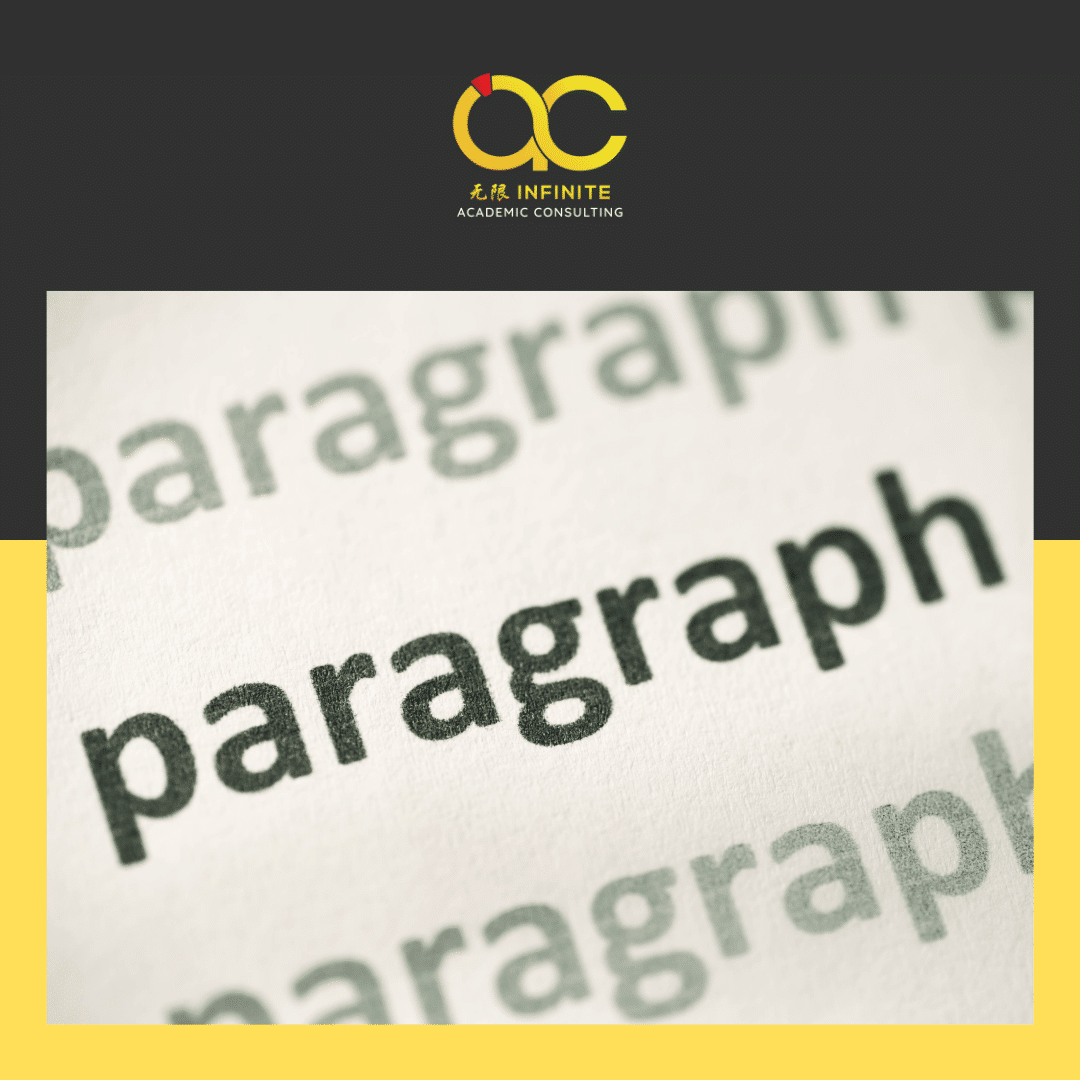
Academic writing is a whole new world to a lot of people, native speakers or not. I remember writing my first essay aeons ago. I thought I did a great job. I was writing like a pro, thinking that my day-to-day English explanation of media history would warrant a good grade. Bam! Nek minit, I saw a C minus at the end of my essay, with lengthy feedback telling me why my essay wasn’t good enough, mainly because of my informal writing style and my lack of written English proficiency.
For many international students, their English education back home does not equip them with the necessary skills to write a decent academic essay. Domestic students tend to realise that writing as they used to in high school is not going to push them any further, grade-wise, that is.
Fret not! Here are a few sweet and simple tips to follow when it comes to academic writing.
Simple sentences, concise expression.
Academic writing is about expressing complex ideas clearly and concisely. Most of the thousands of essays that I have graded over the years followed a few patterns. The first type of students struggle to write clearly to explain themselves; the second type pretends that they are a ‘real’ academic writer. They tend to write in a very unnecessary and over-complicated manner. As you can see, neither of these is good. If we dwell on this deeper, this issue could stem from various reasons. You could have an overloaded paragraph with too much information for your readers to process in a short amount of time; grammatically incorrect sentences that are hard to understand; google translating your native language into English and pretending that they are good enough etc.
The first goal here is to use a straightforward expression to get your point across with a precise amount of information. The secondary goal is to be concise as much as you can with your writing. Have a look here to see how you can try to be a lean-as writer!

Have an outline
I cannot stress enough how important it is to have an outline before you start writing. We have previously talked about how important it is to have an outline in our previous blog post. An outline is paramount to your writing success goal. An outline doesn’t just help with the overall structure, but it also helps with clarity in general. If you know what you are going to write, and what you are writing next, I can guarantee you that you will always be informed by your own thoughts, and thus creating better clarity around your writing.

Know the academic writing boundaries
Academic writing has a particular presentation or style. I won’t say it is snobbish, but it is a more formal writing. After all, if you can’t write or take yourself seriously, how will you convince your readers? You are the authority on the subject, so you need to write like one. The problem that most students face in this particular field is the lack of confidence in what they are writing about. In addition, some students are too informal in their writing style, making it hard for readers to take them seriously. Other common writing woes include using unsophisticated expressions, being too subjective, too vague etc. However, these can be solved easily! Have a read about what are the common writing issues here and see how they can be easily overcomed!

Understand the structure of a paragraph
One way to write clearly is to have a good understanding of the function of paragraphs. Paragraphs are not just there for aesthetic reasons i.e. to take a break, but they are there to provide structure and flow to your writing. Most academic writing follows a specific structure, and that also means that there are particular elements that are common in paragraphs. In a nutshell, a good paragraph should follow this sequence and do the following:
1. Topic sentence – This is to let the reader know why this paragraph is important and what is your main point in this paragraph.
2. Elaboration – This part is to elaborate on your main argument above, and to explain the finer details.
3. Example – Provide a concrete example to back up your 1 & 2 above. This helps to build a strong case.
4. Explain – Explain your example and why this is relevant to your 1 & 2. Unpack the example(s) so it will do your bidding!
5. Conclusion and transition – Always end a paragraph with a concluding thoughts. This helps to wrap up what you have just said. Once you are done with that, create a transition sentence that leads your readers to the next paragraph!

Voila!
There are no secrets to any good academic writing. It is all about practice and learning on the go. Reading a lot of other academic articles is also a good place to start. If you are still struggling after this blog post, talk to Joe today and let’s start creating a bespoke plan for you to improve your writing!
